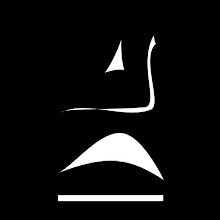i) The scientist and the science cannot be separated. Polanyi's still influential work points out that the scientists are informed by tacit knowledge which determines the scientific questions they ask, the methods they use and the way in which data is presented. http://en.wikipedia.org/wiki/Michael_Polanyi
My point is that there is probably no such thing as objective science or pure unbiased facts as a result.
ii) Causality is difficult, hard and maybe impossible to prove -
http://en.wikipedia.org/wiki/David_Hume
http://en.wikipedia.org/wiki/Bertrand_Russell
Which is why many settled for falsification.
http://en.wikipedia.org/wiki/Karl_Popper
However even this approach suffers because of the methods involved with falsification. Hence we should note that sceptics are often dealt the better hand in science and to some extent law. The sceptics mantra should read - If you don't like the facts start to pick at how they are created; failing that start on semantics and agreed truths.
iii) The theories we choose to apply and make use of are as much determined by mood of the time and history as they are by the basic business of scientific falsification.
Philosophy of Science in the Twentieth Century: Four Central Themes (Paperback) by Donald Gillies and work by TS Kuhn (http://en.wikipedia.org/wiki/Thomas_Samuel_Kuhn) still offer useful thoughts on this issue.
The point here is that we shouldn't be surprised if public policy is slow to change-scientific consensus is also really slow to arise.
iv) In some ways saying that you can understand research without having a grasp of stats and methodology is a bit like suggesting you should just kick the tyres before buying a car. Yep you can do it, but don't be surprised if what you get is unreliable.
Conclusion:
Nope there is no easy way to grasp this debate or evaluate the evidence within it. But usual rules apply; multiple sources, cross reference, check authority and agenda. Please be patient and persist with science and scientists it is tough turning squiggles and graphs into yes/no, good/bad right/wrong, and sometimes common language isn't good enough.
